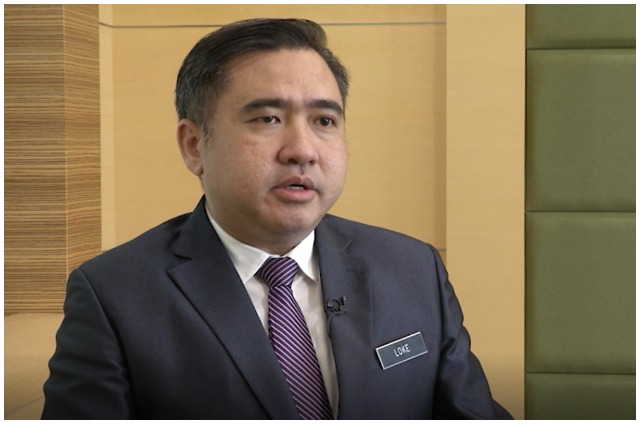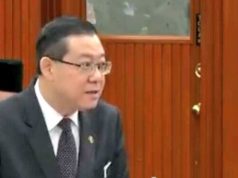

Singapore has always championed the use of the 4 main languages (English, Malay, Mandarin and Tamil) in their government activities to the extent that even Singapore currency notes are imprinted in those 4 languages.
However, in Malaysia, Tamil and Mandarin are used in government machinery only to certain extent. TV news in RTM is carried in both Mandarin and Tamil languages and there are radio stations in these vernacular languages but when comes to official press statements from the government only Malay or English is used.
Even during GE-14, both the political coalitions, Barisan Nasional and Pakatan Harapan issued their election manifestos in vernacular languages. When they can do that to attract the Chinese and Indian voters to vote for the next government what is wrong in issuing official press statements in these languages, once the government had been elected?
There is nothing wrong in issuing government press statements in Mandarin or Tamil as these statements are only intended to convey government policies and information to the people of Malaysia, not to forget that some segments our society are only able to read or write in these vernacular languages.
Lim Guan Eng has been severely criticised by many quarters for issuing press statements in Mandarin. The latest salvo came from none other than Tan Sri Rais Yatim who is tipped to be the next Speaker of Malaysian Parliament.
In the latest turn of events, Lim Guan Eng has succumbed to pressure and has reportedly announced that official press statements would be translated into Mandarin and shall be issued only to the Chinese Media.
If that is going to be the stand of Lim Guan Eng as Finance Minister then such a practice should also include translating such press statements in Tamil for the benefit of Tamil media!










